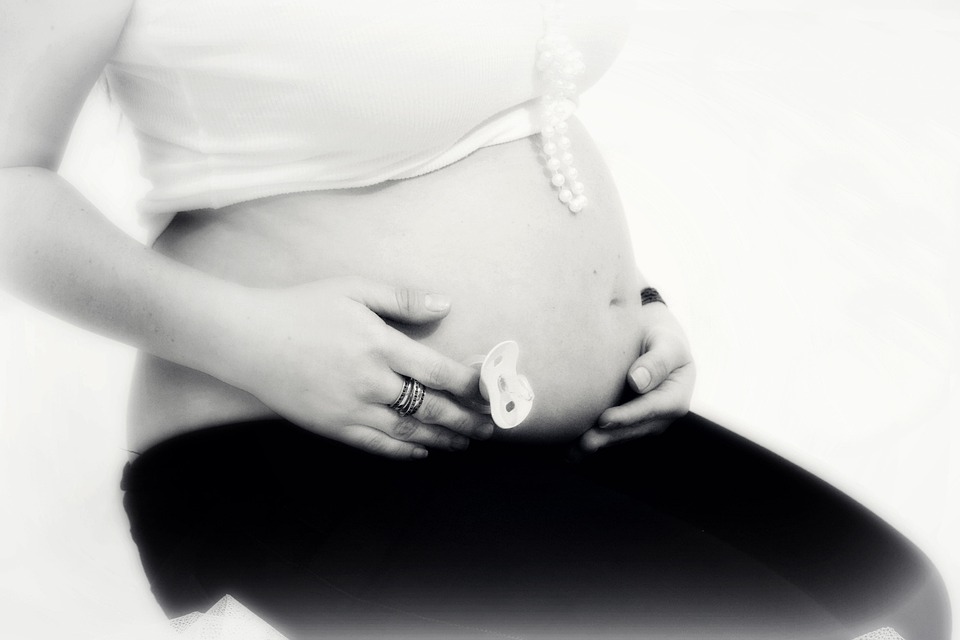
Pregnancy is a time in a woman’s life that is filled with excitement, anticipation, and joy. It is also a time when her body goes through a multitude of changes, both physical and hormonal. One of the most common changes that pregnant women experience is an increase in appetite and food cravings. While it is completely normal to have cravings during pregnancy, it is important to remember that not all foods are created equal when it comes to nourishing your body and your growing baby.
As a nutritionist, I have seen firsthand the impact that a healthy diet can have on a woman’s pregnancy journey. Eating well during pregnancy is not only crucial for the health of the mother, but also for the development of the baby. In this article, I will delve into the science behind cravings, discuss the importance of proper nutrition during pregnancy, and provide practical tips on how to eat well during this special time.
Cravings are a common occurrence during pregnancy, with many women experiencing a sudden desire for specific foods or flavors. This can range from a craving for sour candies to a hankering for pickles and ice cream. While these cravings may seem random or bizarre, they can actually be your body’s way of signaling a need for certain nutrients.
For example, cravings for salty foods may indicate a need for more sodium, while cravings for sweets may signal a need for more carbohydrates. It is important to pay attention to your cravings and try to decipher what your body is truly asking for. Instead of reaching for a bag of potato chips, try opting for a healthier alternative like air-popped popcorn or whole-grain crackers.
When it comes to cravings, moderation is key. It is perfectly fine to indulge in the occasional treat, but it is important to balance it out with nutrient-dense foods that will provide you and your baby with the essential vitamins and minerals needed for a healthy pregnancy.
In addition to cravings, many pregnant women also experience fluctuations in their appetite. Some women may find that they are constantly hungry, while others may struggle to eat due to nausea or food aversions. It is important to listen to your body and honor its signals. If you are feeling hungry, try to eat small, frequent meals throughout the day to keep your energy levels up and prevent blood sugar spikes.
On the other hand, if you are experiencing food aversions or nausea, try to eat bland, easily digestible foods like crackers, toast, or applesauce. It is also important to stay hydrated by drinking plenty of water throughout the day.
While cravings and appetite fluctuations are common during pregnancy, it is important to remember that the quality of the food you eat is just as important as the quantity. A diet high in processed foods, sugar, and unhealthy fats can have negative consequences for both the mother and the baby. On the other hand, a diet rich in whole, nutrient-dense foods can provide the necessary building blocks for a healthy pregnancy.
When it comes to nutrition during pregnancy, there are several key nutrients that are essential for both the mother and the baby. These include folic acid, iron, calcium, protein, and omega-3 fatty acids. Folic acid is crucial for preventing neural tube defects, while iron is needed to support the increased blood volume of pregnancy. Calcium is important for bone health, and protein is essential for the growth and development of the baby.
Omega-3 fatty acids, found in fish and flaxseeds, are important for brain development and can help prevent preterm birth. It is important to incorporate a variety of foods into your diet to ensure that you are getting all of these essential nutrients. This includes fruits, vegetables, whole grains, lean proteins, and healthy fats.
One of the best ways to ensure that you are getting all of the nutrients you need during pregnancy is to plan your meals ahead of time. This can help you make healthier choices and avoid the temptation of reaching for a less nutritious option when you are hungry. It is also a good idea to keep healthy snacks on hand for when hunger strikes between meals.
Another important aspect of healthy eating during pregnancy is portion control. While it is true that you need to eat more calories during pregnancy to support the growth of your baby, it is important to be mindful of your portion sizes. Eating too much can lead to excessive weight gain, which can increase the risk of complications during pregnancy and delivery.
Instead of focusing on the number of calories you are consuming, try to pay attention to the quality of the food you are eating. Choose nutrient-dense foods that will provide you with the energy and nutrients you need to support your pregnancy. This includes a mix of carbohydrates, proteins, and fats, as well as plenty of fruits and vegetables.
In addition to eating well, it is also important to stay active during pregnancy. Regular exercise can help you maintain a healthy weight, reduce stress, and improve your overall well-being. It can also help prepare your body for the physical demands of labor and delivery. If you are unsure about what type of exercise is safe for you during pregnancy, talk to your healthcare provider for guidance.
In conclusion, eating well during pregnancy is essential for the health of both the mother and the baby. By paying attention to your cravings, listening to your body’s signals, and making informed food choices, you can support a healthy pregnancy and set the stage for a lifetime of good health for you and your child. Remember, it is never too late to start eating well and taking care of yourself – even if you are already pregnant. Your body and your baby will thank you for it.






